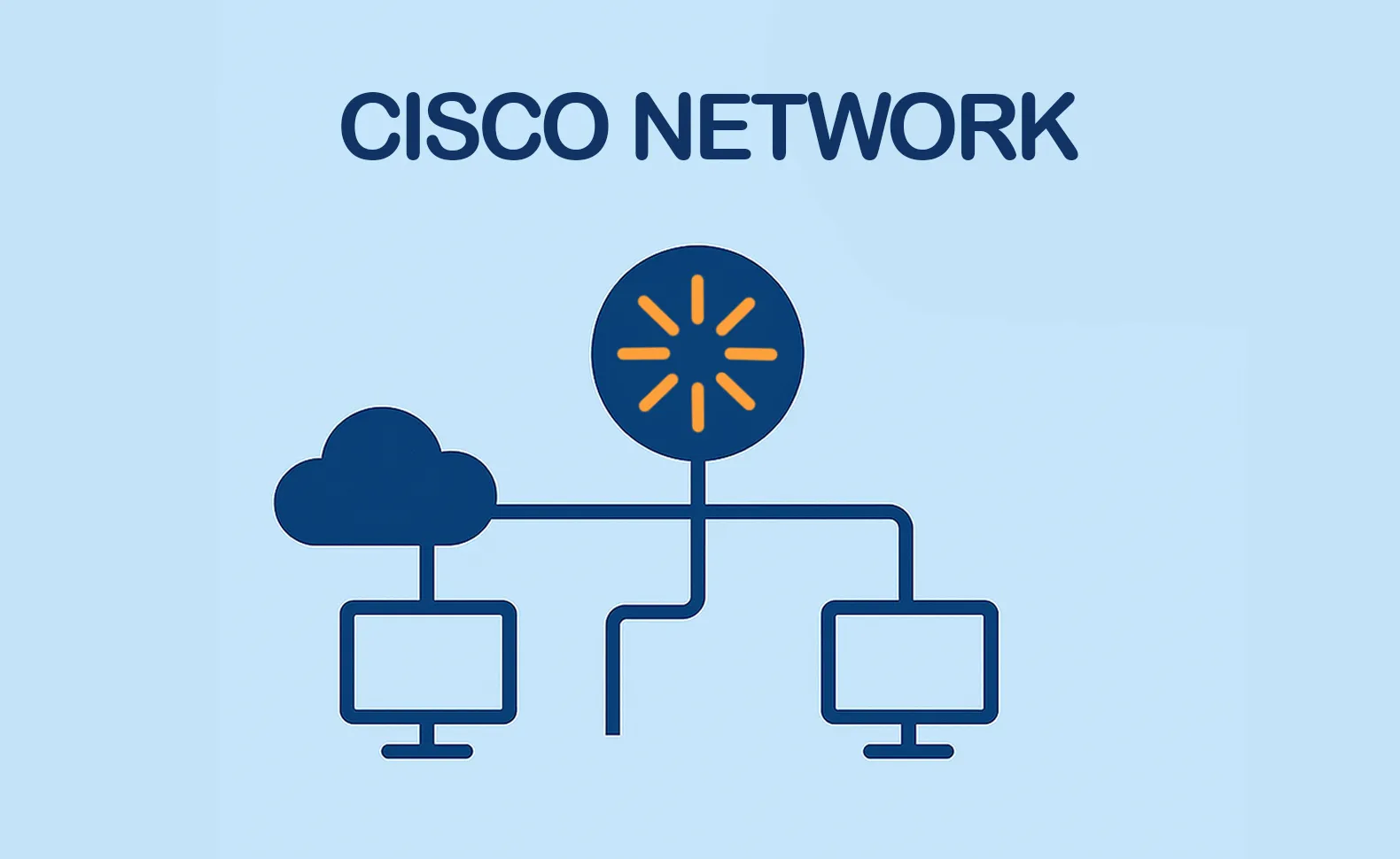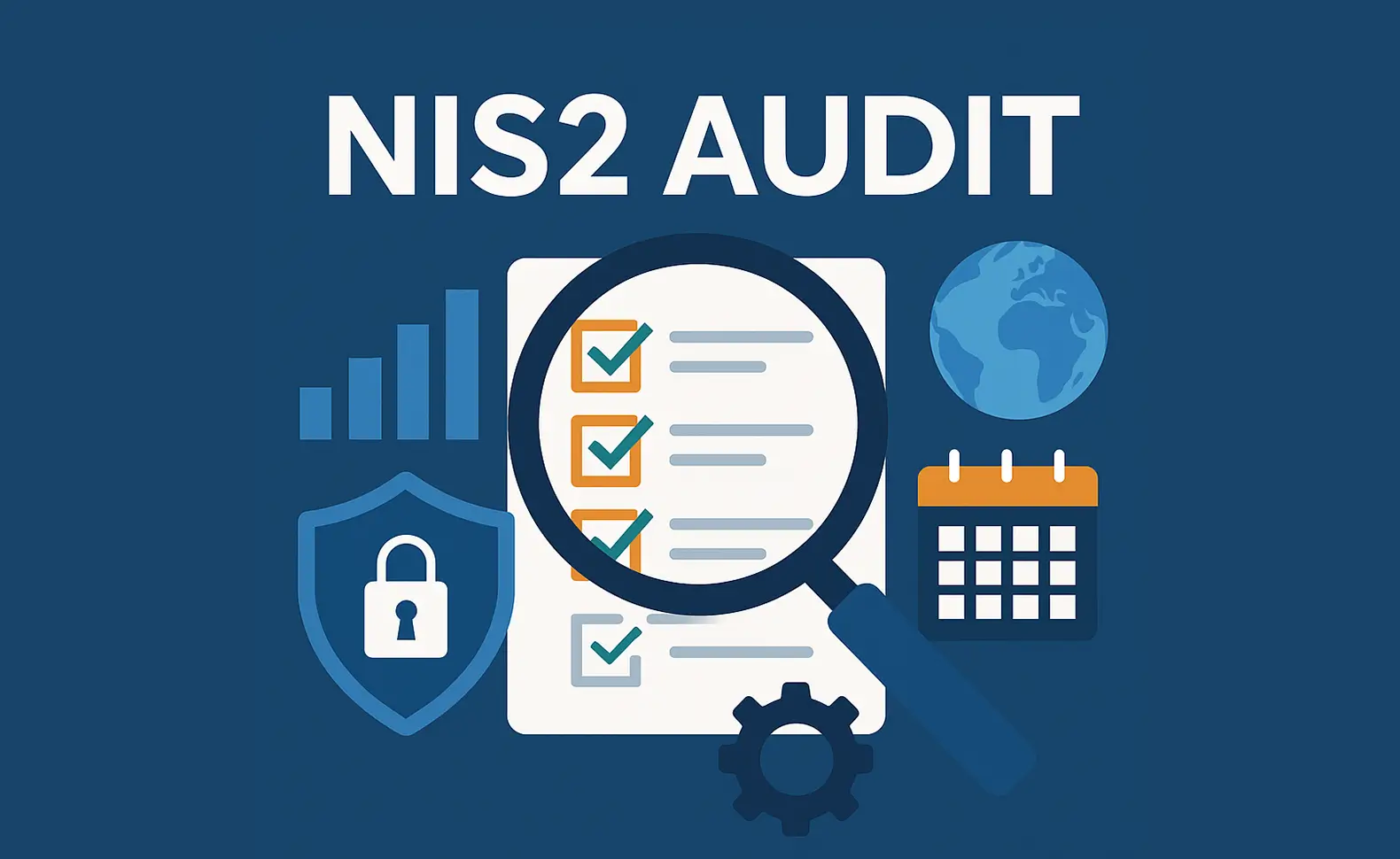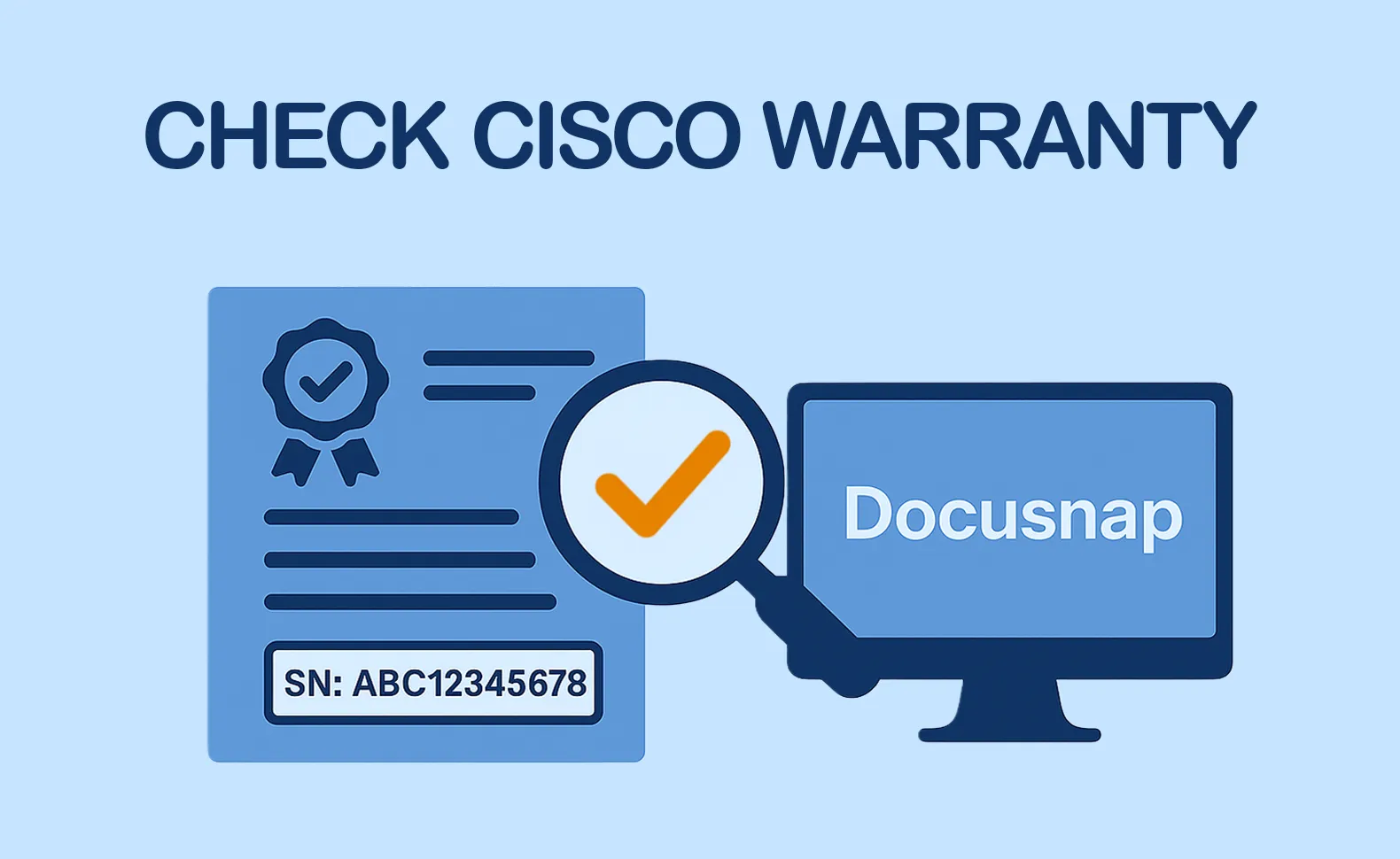The most important thing in brief:

In times of growing IT complexity, stable, scalable networks are an indispensable part of every company. Cisco solutions in particular have become established worldwide. But what is a Cisco network, how is it structured and what role does modern IT documentation play in it?
What is a Cisco network?
A Cisco network is one of the company's products and technologies Cisco Systems established computer network. It can map both small and very complex IT infrastructures — from simple office networks to globally networked enterprise structures. The focus is on network devices such as routers, firewalls, access points and Cisco network switches, which ensure high-performance and secure data communication.
Cisco Networking for Businesses
In companies, Cisco networks are characterized by their high stability, safety features and flexibility off. Among other things, they enable:
- segmenting networks to improve security (such as VLANs),
- prioritizing business-critical traffic,
- Failure safety through redundancy concepts,
- centralized control and automation with tools such as Cisco DNA Center.
Cisco network - structure
A typical Cisco network structure follows the three-layer model: Access, distribution, and core layers. This structure improves both scalability and fault tolerance. Key components include:
- Cisco network switch for local distribution,
- routers to connect various networks,
- firewalls to secure the perimeter,
- Wireless controller for central WLAN management.
Who in an established corporate network has Find a Cisco Switch on the network Would like to, can do so on tools such as Docusnap fall back on. Automatic network inventory makes all devices transparent, including their IP, MAC address, port connection and model number.
Cisco network software and programs in everyday IT life
In addition to hardware, Cisco also offers a variety of software solutions for managing and monitoring networks. Examples include:
- Cisco Prime Infrastructure (monitoring & management),
- Cisco DNA Center (automated network analysis & policy enforcement),
- Cisco Packet Tracer (Simulation & training).
A Cisco network program Like the DNA Center, it can be worth its weight in gold for administrators — but its full performance only unfolds with comprehensive IT documentation.
Here comes Docusnap In play: Our software automatically recognizes all network devices in the company, analyses authorization structures and documents the complete topology. This makes daily troubleshooting as well as long-term IT planning easier. Docusnap also allows you to automatically check and manage the Cisco warranty: You can find out more about this topic in our article on Cisco warranty management with Docusnap.
Benefits of Cisco Networking
- High scalability for growing IT structures
- Very good security features (e.g. Cisco TrustSec, Firepower)
- Broad portfolio for every size of company
- Reliability through sophisticated hardware and software
- Excellent manufacturer support and large community
- Compatible with automated documentation solutions such as Docusnap
Disadvantages of Cisco Networking
- Higher acquisition costs compared to some competitors
- Licensed software solutions incur running costs
- More complex configuration—especially without previous Cisco knowledge
- High dependence on the manufacturer for specific solutions
- Partially closed ecosystems
Many of these challenges can be alleviated by smart tools such as Docusnap — for example, through automatic recognition of firmware versions, end of support data, or targeted analysis of configuration errors.
Conclusion: Managing Cisco networks efficiently with Docusnap
Whether you're building a new Cisco network or modernizing an existing one, the combination of Cisco components and a powerful documentation solution such as Docusnap brings transparency, efficiency, and security to your IT infrastructure.
With Docusnap, you can always keep track of your Cisco network, recognize outdated Cisco network software, specifically localize everyone Cisco network switch and secure a decisive advantage in everyday IT life through regular documentation.
FAQs
The next steps:
If you want to manage and document your Cisco network more efficiently, Docusnap is the ideal addition. With just a few clicks, you can automatically register all Cisco devices, visualize the network topology and keep an eye on software versions and warranty periods.
Try it now for free!


